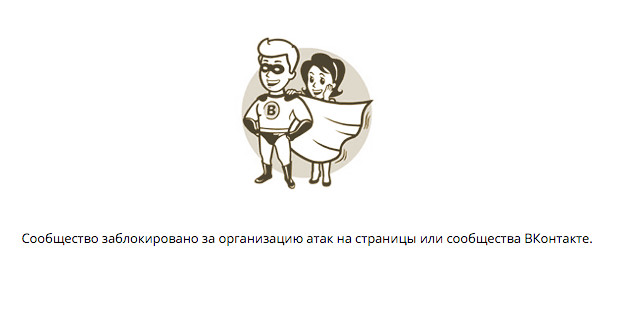The developers behind “FindFace,” which uses facial recognition software to match random photographs to people’s social media pages on Vkontakte, say the service is designed to facilitate making new friends. Released in February this year, FindFace started gaining popularity in March, after a software engineer named Andrei Mima wrote about using the service to track down two women he photographed six years earlier on a street in St. Petersburg. (They’d asked him to take a picture of them, but he never got their contact information, so he wasn’t able to share it with them, at the time.)
From the start, FindFace has raised privacy concerns. (Even in his glowing recommendation, Mima addressed fears that the service further erodes people’s freedoms in the age of the Internet.) In early April, a young artist named Egor Tsvetkov highlighted how invasive the technology can be, photographing random passengers on the St. Petersburg subway and matching the pictures to the individuals’ Vkontakte pages, using FindFace. “In theory,” Tsvetkov told RuNet Echo, this service could be used by a serial killer or a collector trying to hunt down a debtor.”
Hoping to raise concerns about the potential misuses of FindFace, Tsvetkov seems to have inspired a particularly nasty effort to identify and harass Russian women who appear in pornography. On April 9, three days after the media reported on Tsvetkov’s art project, users of the Russian imageboard “Dvach” (2chan) launched a campaign to deanonymize actresses who appear in pornography. After identifying these women with FindFace, Dvach users shared archived copies of their Vkontakte pages, and spammed the women’s families and friends with messages informing them about the discovery. The effort also targeted women registered on the website “Intimcity,” which markets prostitution services.

Dvach (2chan) users organize a campaign to dox Russian women appearing in pornography and on prostitution websites.
The Internet users behind the doxing campaign say their motivation is moral outrage, claiming that women in the sex industry are “corrupt and deceptive.” (Tellingly, Dvach users also complained that such women typically ignore the kind of men who make up Dvach’s audience.)
Part of the doxing campaign included a community created on Vkontakte, where participants were supposed to upload links to shared files containing copies of women’s social media pages. (This step was intended to preserve any information that would be lost, if the women deleted their accounts, or altered their privacy settings.) Following a complaint by an anti-sexist community, Vkontakte quickly banned the group set up by Dvach users. The group’s page now displays the following message:

Vkontakte responds. “This community has been blocked for organizing an attack on Vkontakte pages or communities.”
Speaking to the website TJournal, FindFace founder Maxim Perlin said there’s no way he can prevent people from using his service to harass women in this way, though he points out that distributing pornography illegally in Russia is a felony. “We are making every effort to protect all Vkontakte users from potential malicious acts,” Perlin says. ”And we’re prepared, if necessary, to provide any information needed to find the users responsible for this harassment.”






61 comments